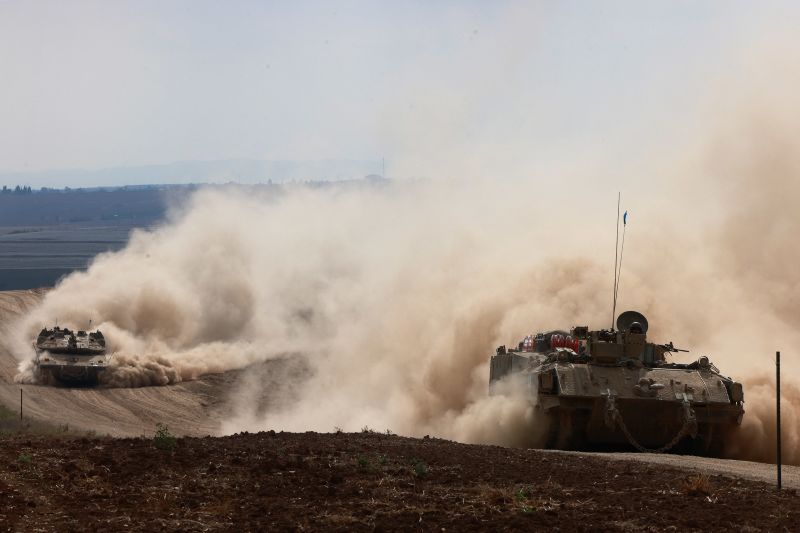Body:
The geopolitical landscape of the Middle East underwent another significant shift when Israel decided to intensify its military operations in northern Gaza. This decision came after much deliberation over a potential siege plan – presenting another facet of the ongoing, complex Palestinian-Israeli conflict.
The Israeli government’s decision was triggered by persisting security concerns. Israel contends that Gaza, particularly the northern region, is a base for numerous militant groups that conduct persistent rocket attacks on Israeli territory. These groups are believed to have vast networks of subterranean tunnels, enabling them to transport weapons and launch attacks discreetly. This new development, the ramping up of military actions, aims to neutralize this perceived threat.
Routes into northern Gaza are tightly controlled, considering the relatively limited operational capacities of the occupying forces. Reinforcements have been sent to the region with newly developed military equipment and a highly trained infantry division. The inherent air superiority of the Israeli Defence Force has been a critical factor, enabling them to initiate strikes with precision.
This amplification of military operations in Gaza’s northern area has been met with global reactions that are as varied as they are vocal. Human rights organizations and peace advocacy groups worldwide have expressed deep concerns. They argue that the escalation of military actions – potentially featuring heavy artillery, airstrikes, and infantry incursions – could result in significant civilian casualties, infringing on international humanitarian law.
In contrast, several countries have maintained a more neutral stance, recognising Israel’s right to self-defence while also voicing concerns about the human cost. Balancing geopolitical concerns and international law becomes a delicate act.
One of the immediate effects of the amplified military operations has been the displacement of hundreds of citizens in northern Gaza. As the region braces for potential escalation, many families have chosen to seek refuge in safer areas, crowding into United Nations-run schools and other public buildings.
Simultaneously, the Palestinian militant groups in the north have ramped up their rocket attacks in response. These groups, including the likes of Hamas, present a resistance narrative, highlighting their struggle against what they term as Israeli occupation.
Detailed overview of the amplified military actions in Gaza shows the strategic areas being targeted. Israel’s focus has been on eliminating the tunnel systems, commonly referred to as ‘the metro,’ to disrupt the operational capacities of the militant factions.
Among the methods adopted, ground penetration radar systems have been deployed to detect tunnel structures, followed by precision airstrikes to neutralise them. The move is seen as a major component of the operation, as these tunnels form the backbone of the resistance’s supply and communication lines.
Israel’s amplified military push in northern Gaza showcases a multi-dimensional nature of warfare, with each move carrying individual weight and overall strategic importance. The situation calls for a keen understanding of both regional intricacies and broader international political frameworks.




